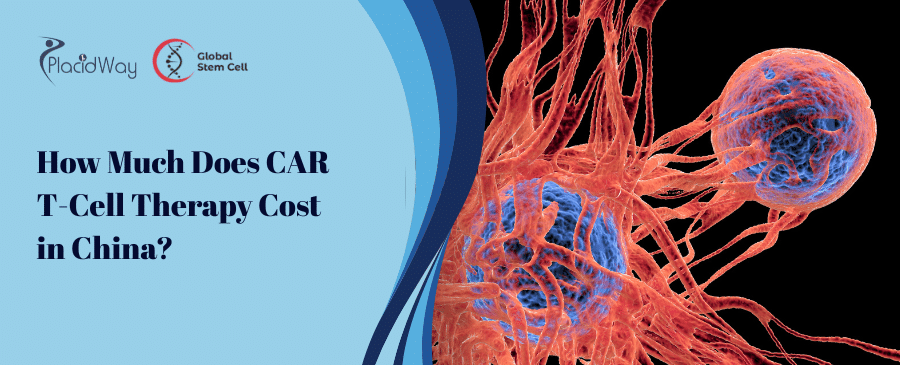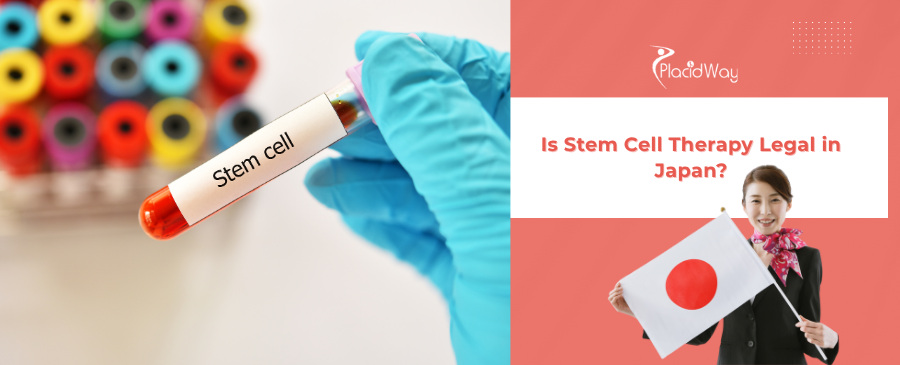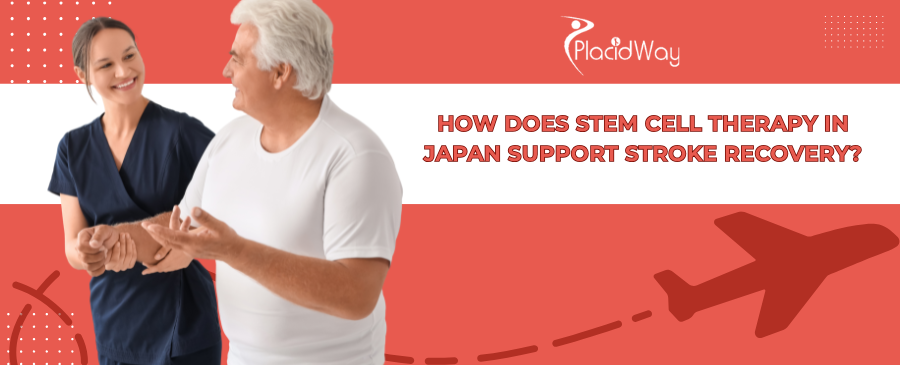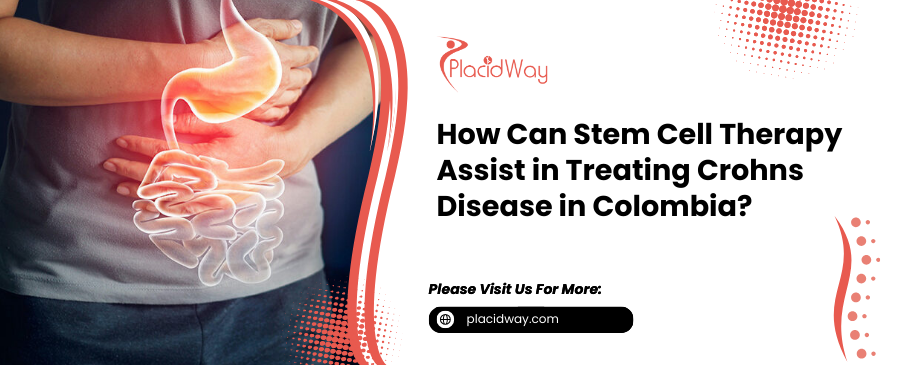The cost of CAR T-cell therapy in China is a critical question for many patients worldwide seeking advanced and affordable cancer treatment. This groundbreaking immunotherapy, which harnesses the body’s own immune system to fight cancer, is available in China for a fraction of the cost in Western countries. This article provides a detailed overview of the expenses associated with CAR T-cell therapy in China, along with answers to other crucial questions you might have.
As a leading destination for medical tourism, China offers a combination of cutting-edge technology, experienced specialists, and significantly lower treatment costs. The country has made substantial investments in its biotechnology sector, leading to the approval of several domestic and internationally recognized CAR T-cell therapies. This has made China a beacon of hope for patients with specific types of blood cancers who are looking for effective and accessible treatment options.
How much does CAR T-cell therapy cost in China?
“The cost of CAR T-cell therapy in China typically ranges from $100,000 to $360,000 USD. This is significantly more affordable than in the United States, where the same treatment can cost upwards of $400,000.”
The price of CAR T-cell therapy in China can vary based on several factors. These include the specific type of CAR T-cell product used, the center for CAR T-cell therapy in China, the patient’s medical condition, and the length of the hospital stay. While the initial cost may seem high, it’s a one-time treatment that offers the potential for long-term remission, making it a cost-effective option for many.
It’s important to note that the total cost usually includes the entire treatment package: initial consultations, the collection of T-cells (leukapheresis), the genetic engineering of the cells, pre-treatment chemotherapy, the infusion of the modified cells, and post-treatment monitoring and care. This comprehensive approach ensures that international patients receive seamless and high-quality care throughout their treatment journey.
What factors influence the cost of CAR T-cell therapy in China?
“Several factors influence the final cost of CAR T-cell therapy in China, including the specific CAR T-cell product used, the complexity of the patient’s case, the chosen hospital’s reputation and location, and the duration of hospitalization and aftercare.”
The choice of the CAR T-cell product is a primary cost driver. China has approved several CAR T-cell therapies, both domestically developed and from international collaborations, each with its pricing. The patient’s specific diagnosis and overall health also play a role, as some cases may require additional medical interventions or a longer recovery period, which can add to the overall expense.
The reputation and location of the hospital are also significant. Top-tier hospitals in major cities like Beijing and Shanghai may have higher costs due to their advanced facilities and renowned specialists. However, these centers also often have more experience in treating international patients and can provide a higher level of comprehensive care and support services.
Which CAR T-cell therapies are approved in China?
“China has approved several CAR T-cell therapies for the treatment of certain hematologic cancers. These include both domestically developed treatments and those from international pharmaceutical companies.”
The National Medical Products Administration (NMPA) of China has given the green light to a growing number of CAR T-cell therapies. This demonstrates the country’s commitment to advancing cancer treatment and providing patients with more options. The approved therapies target specific antigens on cancer cells, primarily for B-cell malignancies.
Some of the notable approved CAR T-cell products in China include:
- Axicabtagene Ciloleucel (Yescarta): Developed by Kite Pharma (a Gilead company) and co-developed for the Chinese market with Fosun Kite. It is approved for certain types of large B-cell lymphoma.
- Relmacabtagene Autoleucel (Carteyva): An indigenously developed CAR T-cell therapy by JW Therapeutics, approved for large B-cell lymphoma and follicular lymphoma.
- Zevorcabtagene Autoleucel: Another domestic product for the treatment of relapsed or refractory multiple myeloma.
What is the process for an international patient to get CAR T-cell therapy in China?
“The process for an international patient to receive CAR T-cell therapy in China involves an initial evaluation, pre-treatment preparations, the treatment itself, and follow-up care. Reputable medical tourism facilitators can assist with every step of this journey.”
The first step is a thorough evaluation of the patient’s medical records by a Chinese medical team to determine their eligibility for the treatment. This can often be done remotely. Once approved, the patient travels to China. The process in the hospital typically includes:
- Leukapheresis: The patient’s T-cells are collected through a procedure similar to blood donation.
- Cell Engineering: The collected T-cells are sent to a specialized lab where they are genetically modified to produce chimeric antigen receptors (CARs) on their surface. This process can take a few weeks.
- Conditioning Chemotherapy: The patient receives a short course of chemotherapy to prepare their body for the infusion of the CAR T-cells.
- Infusion: The engineered CAR T-cells are infused back into the patient’s bloodstream.
- Monitoring: The patient is closely monitored in the hospital for several weeks for any potential side effects and to assess the treatment’s effectiveness.
What is the success rate of CAR T-cell therapy in China?
“The success rate of CAR T-cell therapy in China is comparable to international standards, with high rates of remission, particularly for certain types of leukemia and lymphoma. Clinical trials in China have shown promising results.”
The effectiveness of CAR T-cell therapy can be remarkable. For some blood cancers, particularly in patients who have not responded to other treatments, CAR T-cell therapy has led to complete remission in a significant percentage of cases. For instance, some clinical trials in China for specific CAR T-cell products have reported overall response rates of over 70-80%.
It’s important to understand that the success rate can vary depending on the type and stage of cancer, the patient’s overall health, and the specific CAR T-cell therapy used. Patients should have a detailed discussion with their oncology team in China to understand the potential outcomes for their specific situation.
What are the potential side effects of CAR T-cell therapy?
“The most common side effects of CAR T-cell therapy are Cytokine Release Syndrome (CRS) and neurological toxicities. These are typically manageable and are closely monitored by the medical team in the hospital.”
Cytokine Release Syndrome (CRS) is a systemic inflammatory response that can cause symptoms like fever, fatigue, and low blood pressure. Neurological toxicities can include confusion, difficulty speaking, and, in rare cases, seizures. Chinese hospitals that offer CAR T-cell therapy have experienced medical teams and established protocols to manage these side effects effectively.
Most side effects are temporary and resolve with appropriate medical care. The medical team will provide supportive care to manage these symptoms and ensure the patient’s safety and comfort during the recovery period.
Does insurance in China cover CAR T-cell therapy?
“For international patients, CAR T-cell therapy in China is typically not covered by their home country’s insurance plans. However, some regional insurance products in China are beginning to offer coverage for these advanced therapies.”
Most international patients should expect to pay for the treatment out of pocket. It is advisable to check with your insurance provider to see if any part of the treatment, such as travel or accommodation, might be covered.
In China, some local and regional supplemental health insurance plans, often referred to as “Huimin Bao,” have started to include coverage for high-cost innovative treatments like CAR T-cell therapy for their residents. This suggests a growing awareness of the need to make these therapies more accessible, which may ultimately lead to increased options for international patients in the future.
Are there patient assistance programs available in China?
“While direct patient assistance programs for international patients are limited, some companies in China offer innovative payment models, such as outcomes-based payment plans, to make CAR T-cell therapy more accessible.”
To address the high cost of treatment, some pharmaceutical companies in China have introduced programs that link payment to the treatment’s success. For example, a patient might receive a partial refund if they do not achieve a complete remission within a specific timeframe after the therapy.
These programs are still evolving, and their availability for international patients may vary. It is recommended to inquire about such options during the initial consultation with the hospital or a medical tourism facilitator.
Which hospitals in China offer CAR T-cell therapy to foreigners?
“Several internationally recognized hospitals and cancer centers in major Chinese cities like Beijing, Shanghai, and Guangzhou offer CAR T-cell therapy to international patients.”
China is home to a growing number of medical institutions with the expertise and infrastructure to provide CAR T-cell therapy. These hospitals often have dedicated international patient departments to assist with all aspects of care, from initial inquiries to post-treatment follow-up.
When choosing a hospital, it’s essential to look for institutions with a proven track record in CAR T-cell therapy, experienced oncologists, and comprehensive support services for international patients. Working with a reputable medical tourism provider can help you identify the best hospital for your needs.
Ready to explore your options for CAR T-cell therapy in China? PlacidWay is your trusted partner in medical tourism. We connect you with world-class hospitals and specialists to ensure you receive the highest quality care at an affordable price. Contact us today to learn more and begin your journey towards healing.






